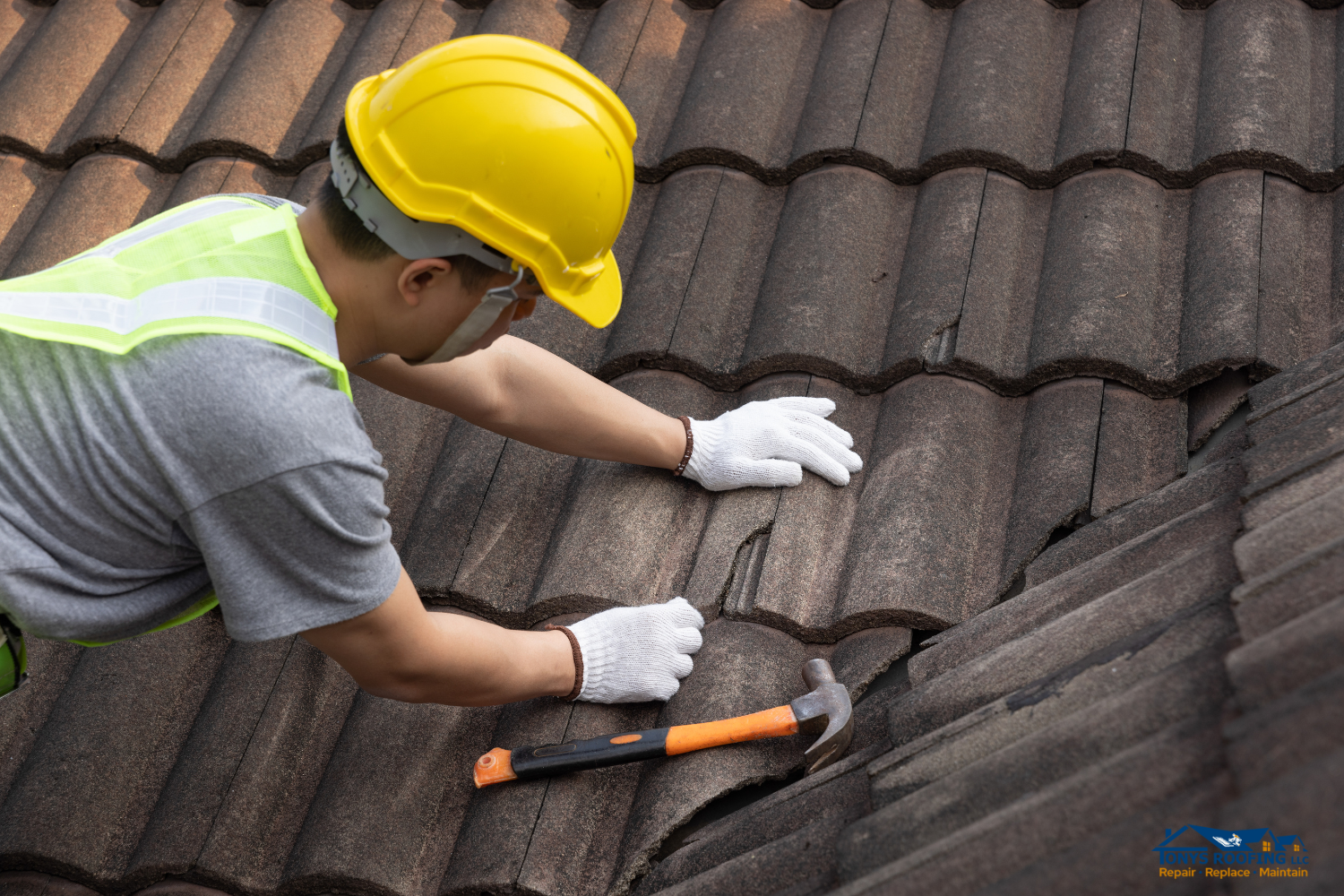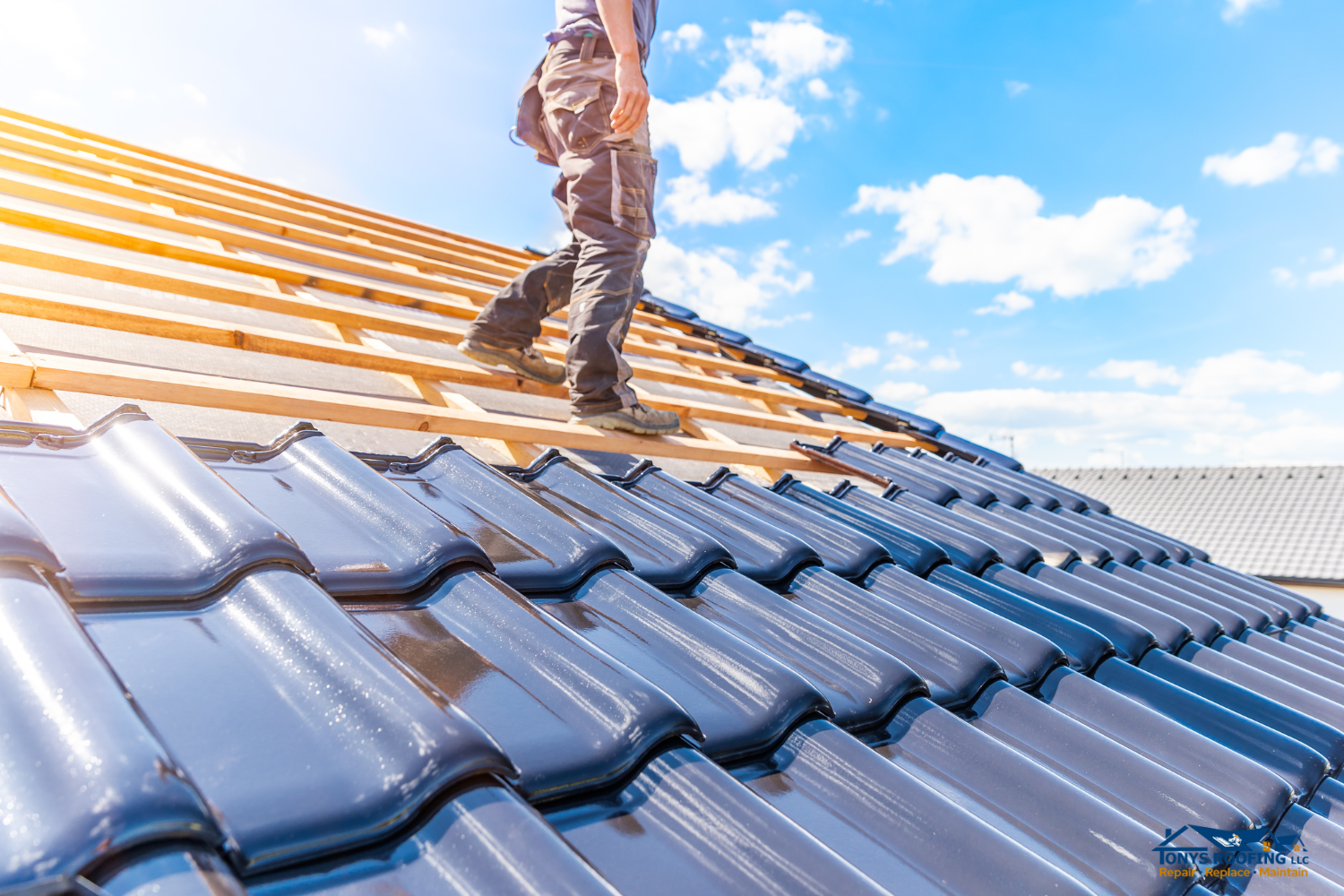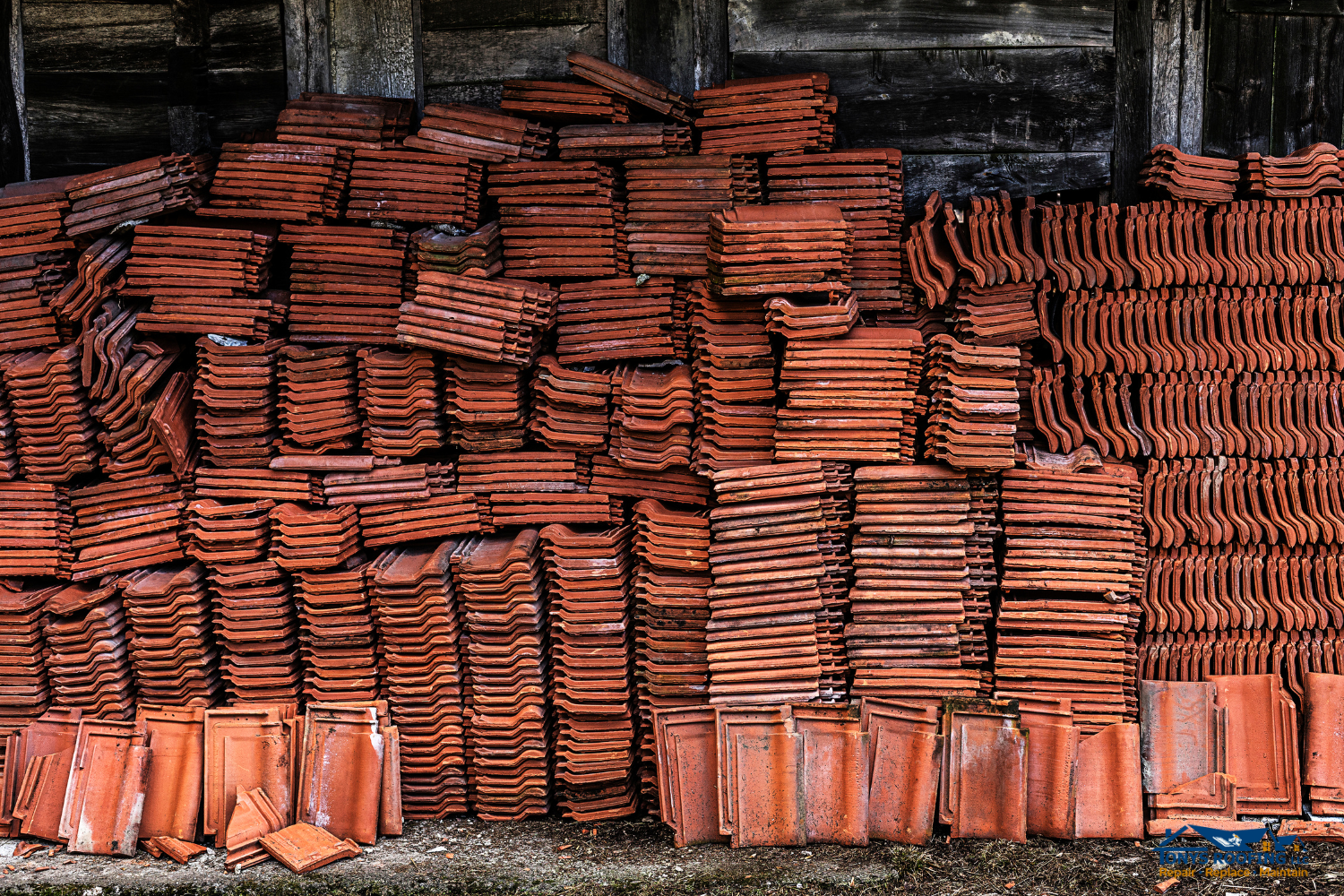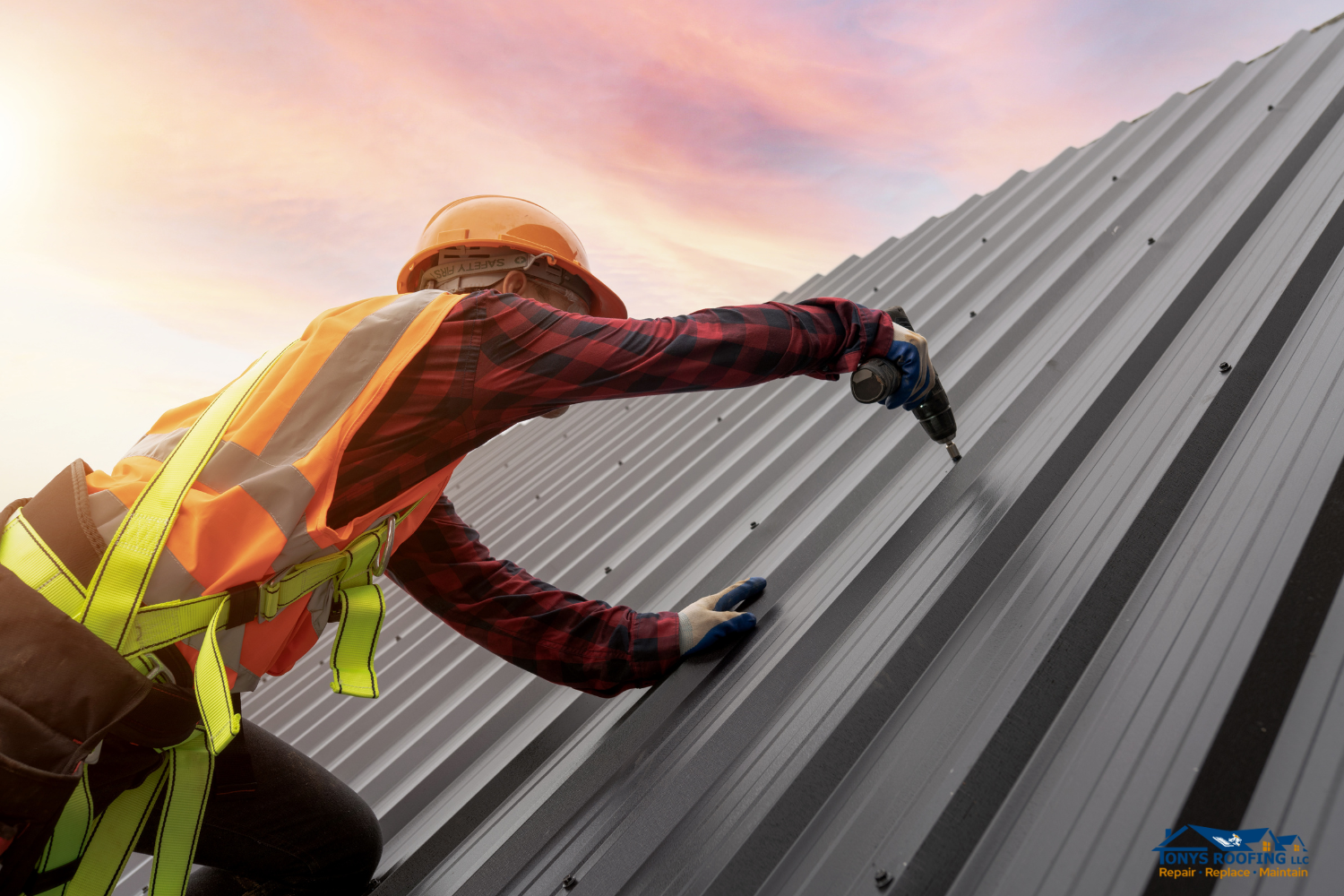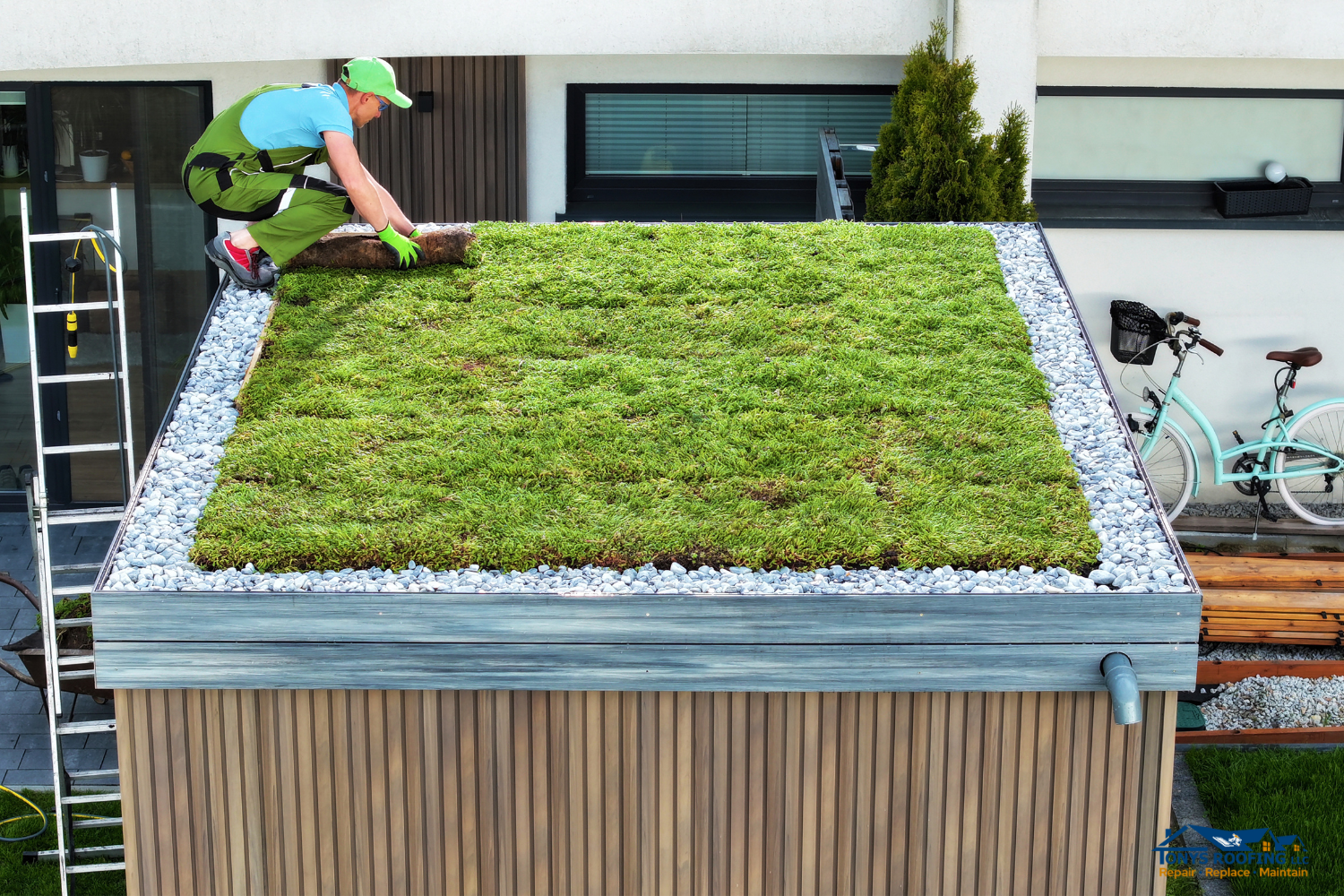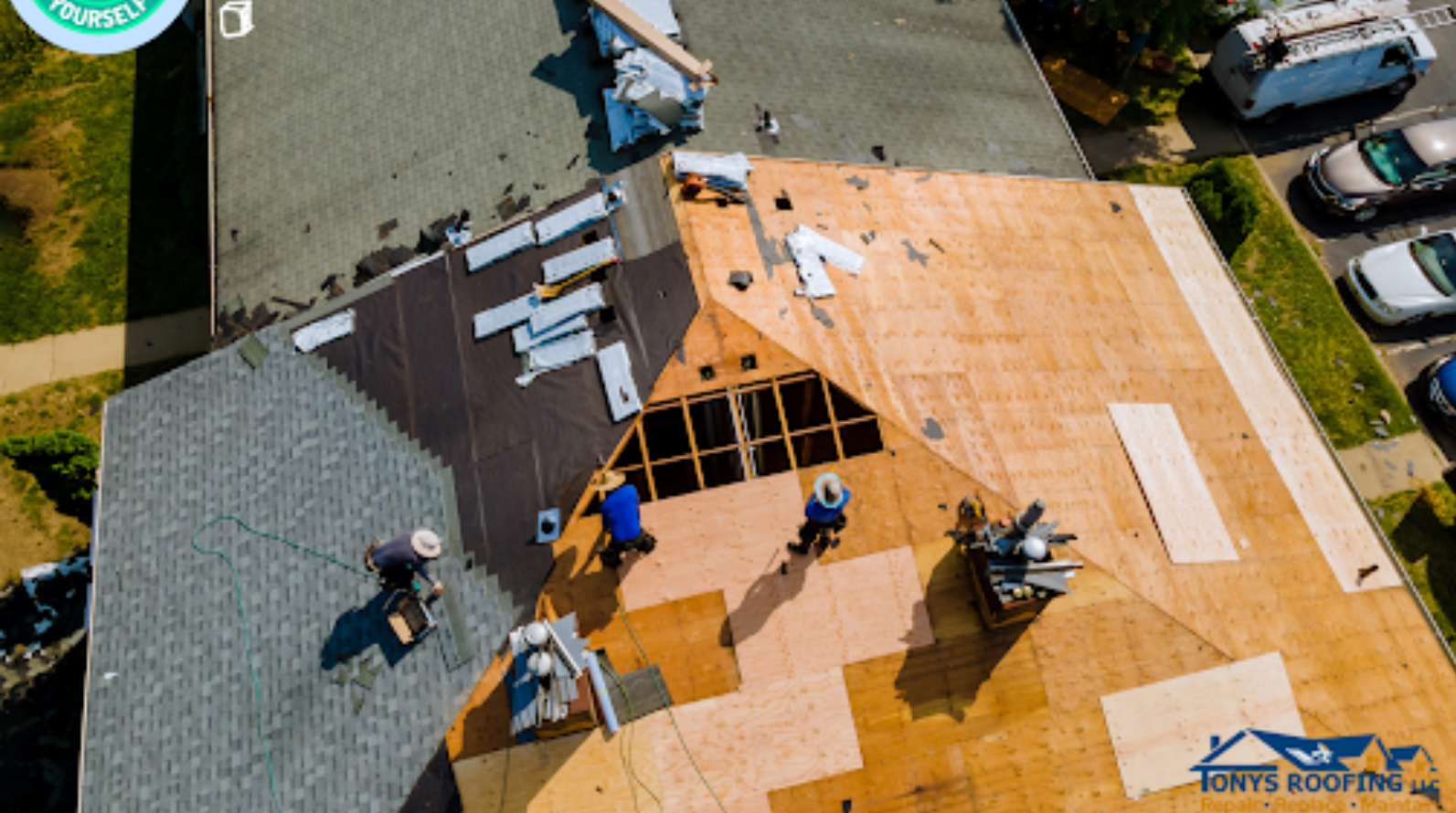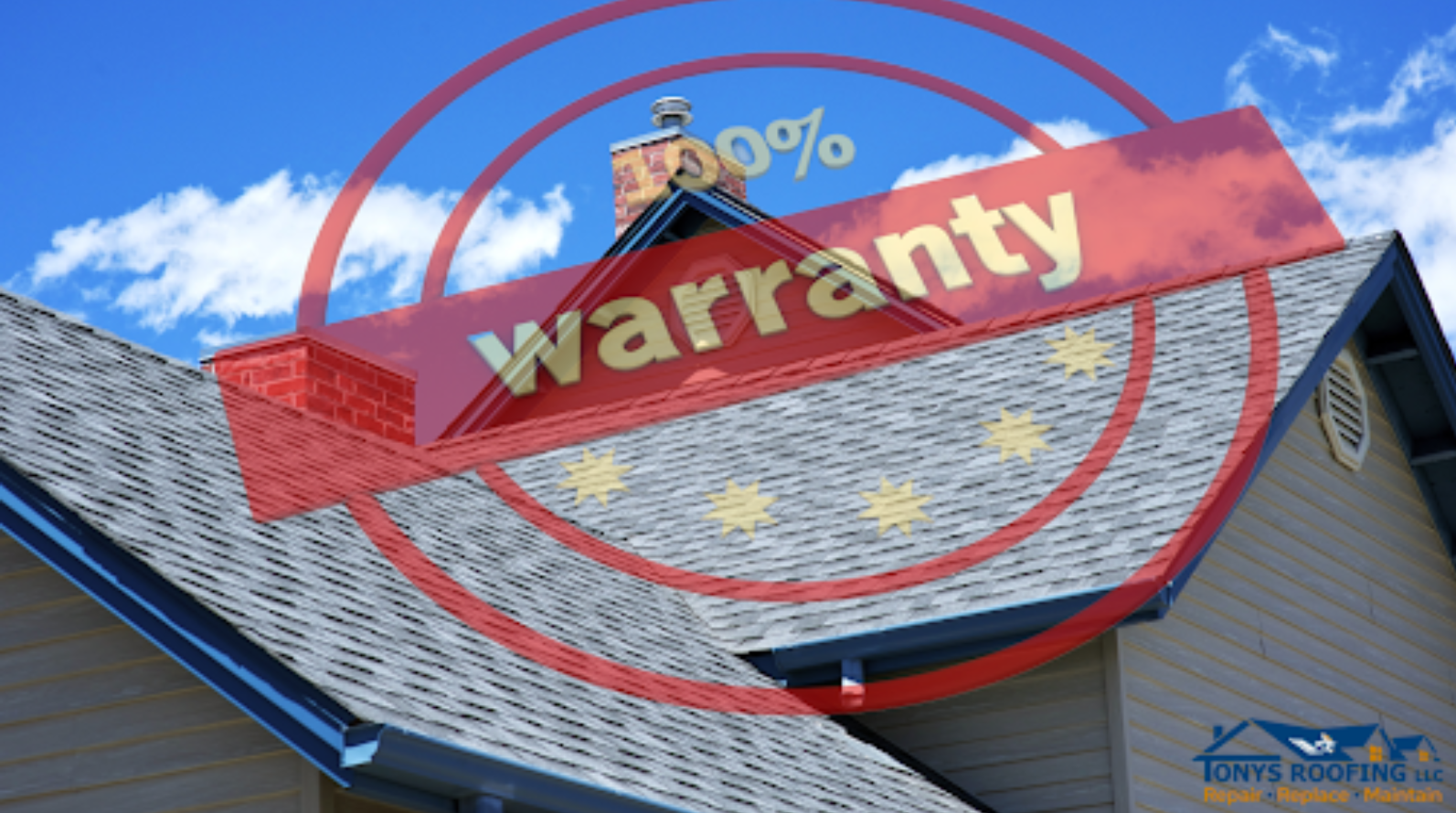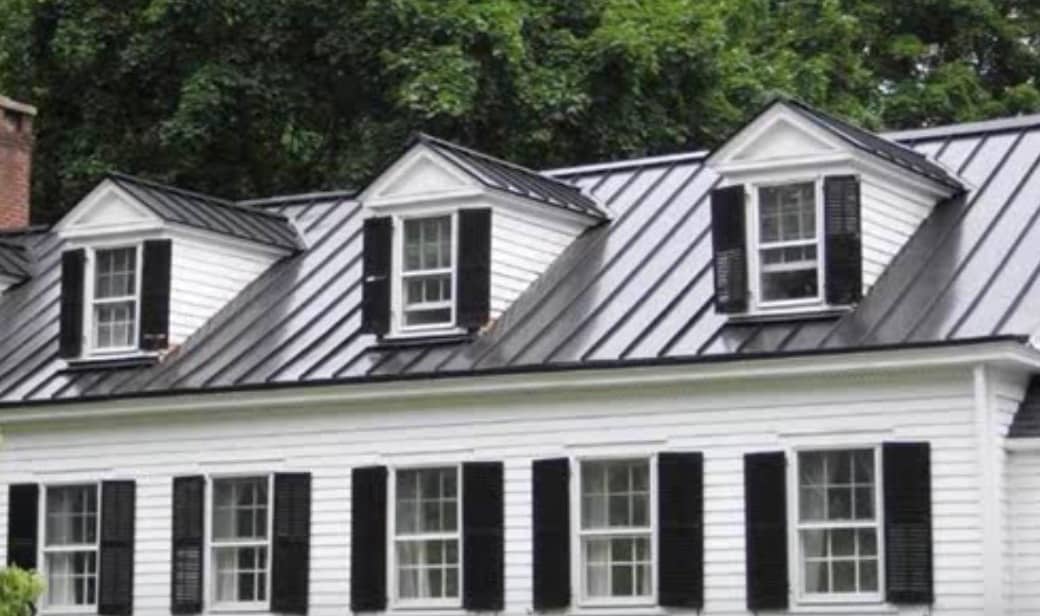Your roof is one of the most crucial components of your home, providing protection from the elements and contributing to its overall aesthetic appeal. When it comes to roofing projects, whether it’s repairs, replacements, or new installations, choosing the right roofing company is paramount. In this guide, we will walk you through the essential steps to help you find a reliable and professional roofing company that ensures your roof is secure and beautiful.
Section 1: Assessing Your Roofing Needs
Before you start searching for a roofing company, it’s essential to determine your specific roofing needs:
- Roof Inspection: Assess your roof’s condition. Do you need a full replacement, minor repairs, or a complete overhaul? Identifying the scope of your project will help you communicate effectively with potential contractors.
- Budget: Determine your budget for the roofing project. Knowing your financial limits will assist you in making informed decisions and obtaining accurate quotes.
- Roofing Material: Decide on the type of roofing material you prefer. Different roofing companies may specialize in specific materials, so this choice will help narrow down your options.
Section 2: Researching Roofing Companies
Once you have a clear understanding of your roofing needs, it’s time to research potential roofing companies:
- Ask for Recommendations: Start by asking friends, family, and neighbors for recommendations. Personal referrals are often the most reliable source of information.
- Online Reviews: Check online review platforms like Google, Yelp, and Angie’s List to read reviews and ratings from previous customers. Pay attention to any recurring themes, both positive and negative.
- Credentials and Licensing: Verify that the roofing company is licensed, insured, and bonded. These credentials ensure the company is legitimate and can protect you from liability.
- Experience: Look for a roofing company with a proven track record. Experienced roofers are more likely to handle various roofing challenges effectively.
Section 3: Interviewing and Getting Quotes
Narrow down your list of potential roofing companies and schedule interviews:
- Ask Questions: Prepare a list of questions to ask during the interviews. Inquire about their experience, certifications, insurance coverage, warranties, and the roofing materials they recommend.
- Request Detailed Quotes: Ask each company for a detailed written estimate that includes materials, labor costs, timelines, and any additional charges. Compare these quotes to ensure transparency.
- References: Request references from the roofing company. Contact past clients to inquire about their experiences with the company and the quality of the work.
Section 4: Reviewing Contracts and Agreements
Once you’ve chosen a roofing company, it’s crucial to review the contract and agreement thoroughly:
- Scope of Work: Ensure the contract clearly defines the scope of the project, including materials, labor, and any additional services.
- Timeline: The contract should include a timeline that outlines when the project will start and when it is expected to be completed.
- Payment Terms: Understand the payment terms, including deposits, progress payments, and the final payment. Be cautious of companies that demand full payment upfront.
- Warranties: Check for warranties on both labor and materials. A reputable company should stand by their work.
Section 5: Communication and Project Management
Throughout the roofing project, communication with your chosen roofing company is key:
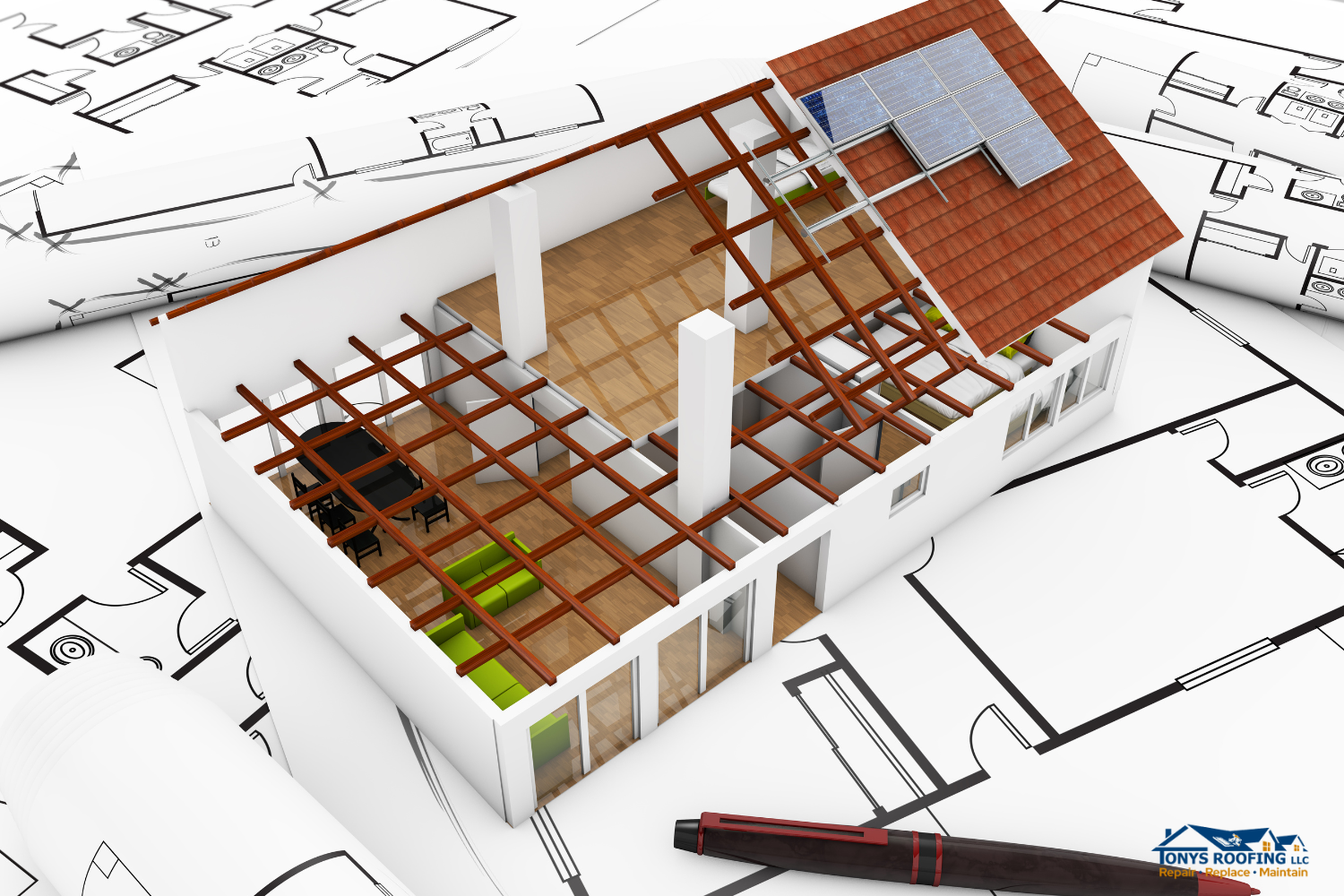
- Regular Updates: Expect regular updates on the progress of your roofing project. Effective communication ensures you are aware of any potential issues or delays.
- Change Orders: If any changes to the project arise, make sure they are documented in writing through change orders. This prevents misunderstandings and disputes later on.
Conclusion
Selecting the right roofing company is essential for the safety, beauty, and longevity of your roof. By following these steps, conducting thorough research, and communicating openly with potential roofing contractors, you can make an informed decision and ensure that your roofing project is in capable hands. A well-chosen roofing company will not only protect your home but also provide peace of mind for years to come.

